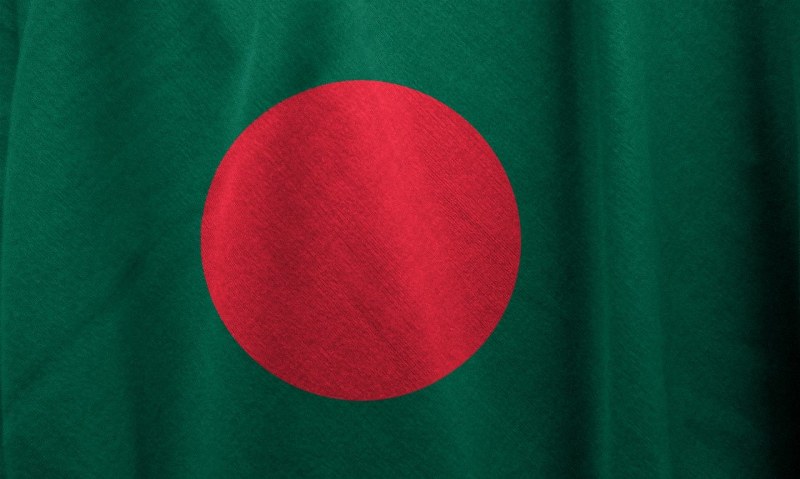The Democracy Forum hosts virtual seminar on growth of Bangladesh

Experts recently discussed the progress made by the South Asian nation while The Democracy Forum conducted a virtual seminar on ‘Bangladesh’s path of global growth’.
They also discussed future prospects and challenges to further growth that is being faced by the country.
In the webinar which was held on Wednesday, TDF President Lord Bruce in his introductory remarks referred to the South Asia region’s ‘strong fundamentals’ due to its young workforce, with Bangladesh a prime example of such strength, with its economic growth (faster than that of India and Sri Lanka over the last decade), and the development of the garment sector – the second largest in the world after China – which has paved the way for the country’s prodigious rate of growth, accounting for 85% of its exports, reported ANI.
Lord Bruce added that the over-reliance on the garment trade could be problematic, as Bangladesh has done little to diversify into other high-value-added industries, such as pharmaceuticals and electronics. Nervousness about the country’s future economic prospects are widely shared, he warned, with plummeting living standards undermining the country’s confidence and inflation a big problem.
As per the official press statement, underlying economic problems besetting Bangladesh is the prevalent hand of authoritarian politics. Regarding the fundamental nature of the challenge that faces the country’s continued progress, Lord Bruce cited the OECD policy review of Bangladesh written for the UN published recently, which warns that the ‘impressive accomplishments to date, while commendable, have resulted in (only) a partial economic transformation]’ and that ‘the persistence of significant vulnerabilities poses a potential threat to future advancements’, reports the Indian news agency.
Moreover, Senior Fellow at the University of Sussex’s Institute of Development Studies, Dr Sohela Nazneen said that many factors have contributed to the remarkable story of Bangladesh’s strong track record on growth and development, even in times of global uncertainties such as the Covid pandemic. But she wondered if the country could sustain its momentum as it tackles shifts in global economic structures and the challenges of addressing inequality and building strong institutions, as well as lack of trust, red tape and corruption.
She said, “Development, especially in the garment industry, and the gains they have made in education. But while absolute poverty has reduced, she added, gender inequality has risen, with transitory poverty having a real gender impact. And while the country’s history of female prime ministers is a landmark by any standard, in everyday life women still face difficulties such as public and domestic violence.”



